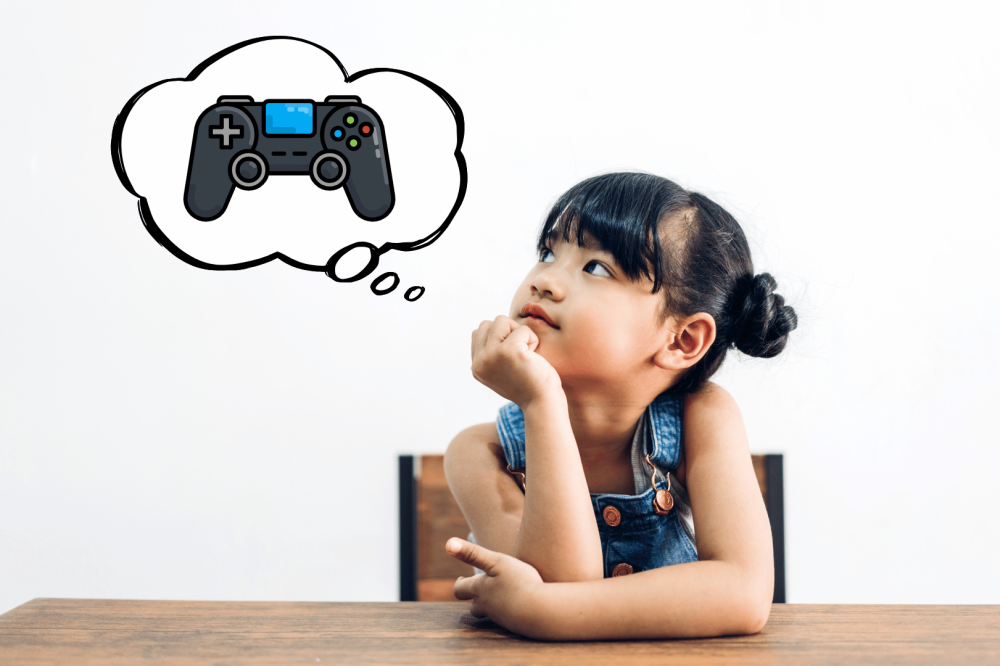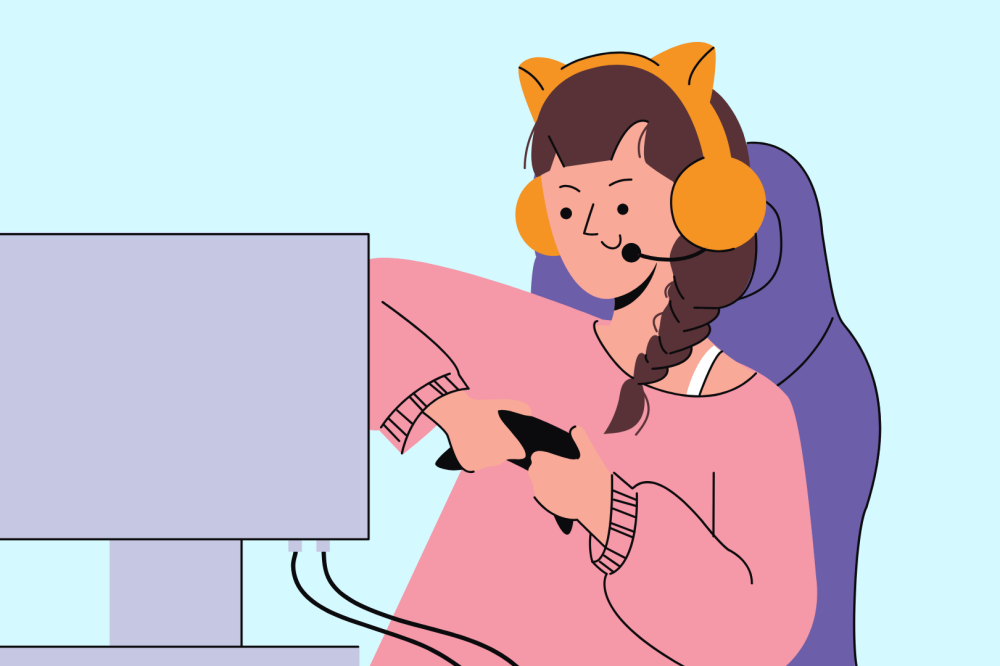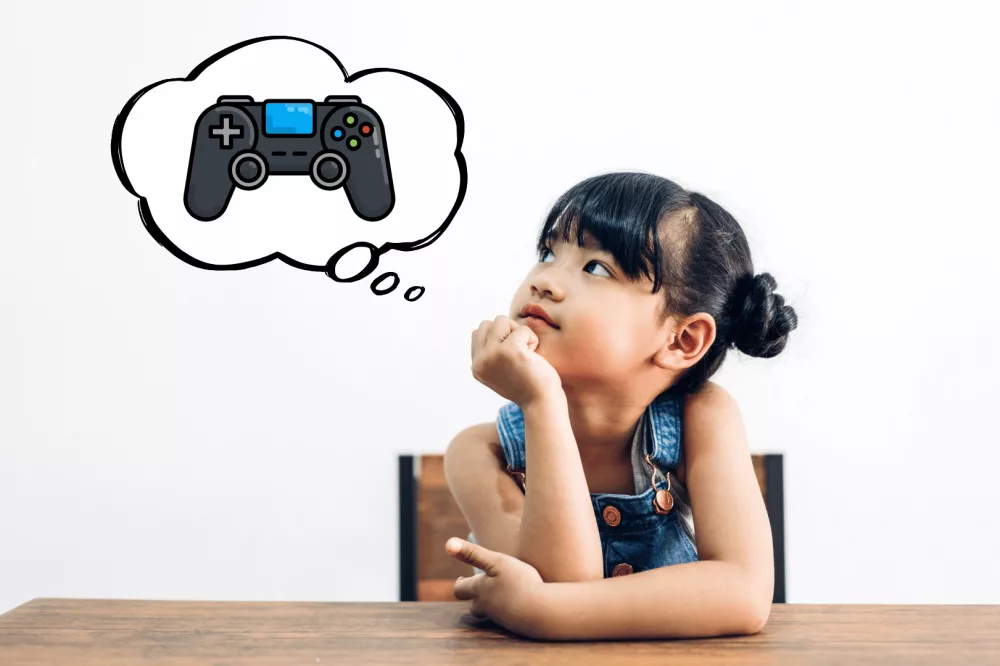
Video games have long been pigeonholed as mere child’s play, but today, they stand proudly alongside movies, books, and music as a key pillar of modern entertainment. Just like these other forms, video games can tell gripping stories that hook you from start to finish, offering experiences as rich and varied as any top bestseller or box-office smash.
The artistry in games today is nothing short of remarkable. From breathtaking visual landscapes to character arcs that get you right in the feels, games have evolved into an art form that’s both immersive and emotional. Think of the intricately designed worlds of games like “The Legend of Zelda” or the narrative depth of titles like “The Last of Us”—they’re more than just pixels on a screen; they pull you into alternate realities where decisions matter and stories unfold.
It’s high time we throw the outdated idea—that video games are only for the young—out the window. More and more adults are getting into gaming because it offers not just fun, but a medium for connection and expression. Adults find that games provide a way to escape the daily grind, share meaningful experiences with friends, and even provide rich storytelling that rivals top TV dramas. Whether you’re solving puzzles or collaborating in epic raids, gaming isn’t about wasting time—it’s about investing in something meaningful.
So, if you’re someone who’s hesitated to pick up a controller because you’re worried about looking immature, rest assured: you’re stepping into a world as diverse and enriching as any concert hall or library. Embrace gaming as part of your lifestyle and discover a whole new realm of entertainment and art waiting to be explored.
The Cognitive and Emotional Upside of Gaming
Playing video games goes far beyond entertaining your inner geek. Cognitive benefits have been unveiled, making gaming not just exciting, but brain-boosting too. We’re talking enhanced problem-solving abilities, strategic thinking, and the kind of multitasking that makes juggling life’s daily challenges seem like a breeze.
Who knew that while you’re conquering mythical lands or racing impossible tracks, you’re actually honing skills that have real-world applications? Games often thrust you into scenarios where you need to think on your feet, devise plans, and make snap decisions—traits that come in handy whether you’re navigating a work project or managing life’s little hurdles.
Beyond the brain benefits, gaming can be a powerful emotional outlet. When work and life get a bit too hectic, zoning out with a good game can offer the perfect respite. It’s like a mini-vacation for the mind, providing stress relief and a sense of accomplishment—all without leaving your couch. Games can offer that satisfying “I did it!” moment that’s sometimes hard to find in everyday life.
There’s also been some chatter about whether gamers are smarter than non-gamers. While gaming can give your cognitive skills a leg up, declaring gamers as having higher IQs isn’t quite that simple. It’s safe to say that gaming isn’t dumbing anyone down, and if anything, the strategic elements and mental puzzles are sharpening those brain cells.
So, next time someone asks why you’re still gaming as an adult, just smile and let them know it’s your mental workout and chill session rolled into one. It’s about keeping sharp while having fun, and frankly, who doesn’t need a bit more of both in their lives?

Gaming as a Social Connector in the Digital Age
The beauty of modern gaming is its ability to connect people anywhere, anytime. Multiplayer games aren’t just about winning or losing— they’re all about building a sense of community. Whether you’re teaming up with a buddy to explore unknown worlds or planning your next move with a group of strangers who soon become friends, gaming turns digital space into a social playground.
Maintaining long-distance friendships has never been easier, thanks to online gaming. It’s a place where bonds are strengthened over shared victories and even the crushing defeats. Through those late-night gaming sessions, you’re not just playing, you’re creating shared memories.
Online gaming pushes you to communicate and collaborate with others, often from very different walks of life. It’s a place where you sharpen those teamwork skills without feeling like you’re in a team-building workshop. Your success in the game often depends on clear communication, effective strategy planning, and sometimes, simply learning to let others take the lead. These dynamics translate well into personal and professional areas, showcasing another reason why gripping a controller as an adult is anything but immature.
There’s still a stereotype floating around that gaming is for lone wolves. This couldn’t be further from reality. Many adults find gaming to be a healthy social activity, offering a chance to engage in friendships in unique ways. So, if you’re hitting the virtual battlefield, make sure to celebrate it as the vibrant, communal activity it is—one that’s bringing people together, even when they’re worlds apart.
The Professional and Personal Development Opportunities in Gaming
Gaming isn’t just pixelated fun—it’s a gateway to some serious career potential. The video game industry is booming, offering countless paths for those passionate about transforming their hobby into a livelihood. From game development to marketing, the doors are wide open for anyone eager to dive into this dynamic field. And let’s not even get started on the world of gaming journalism—who wouldn’t want to turn their love for games into stories that captivate others?
Beyond traditional roles, platforms like Twitch and YouTube have revolutionized how we think about gaming careers. Streaming your gameplay or creating content offers a unique chance to engage audiences far and wide, all while doing what you love. Whether you’re into speedruns, walkthroughs, or simply showcasing your personality, there’s a community out there waiting to tune in.
But what about the perception of gaming as a childish hobby? It’s high time we left that notion in the past. The reality is, the gaming community is packed with diverse individuals from all walks of life—working professionals, parents, you name it. Gaming culture has evolved, just as those who gamed in the past have grown into adulthood. Continuing to play games is no different from keeping up with a beloved book series or staying hooked on a favorite show.
Balance is the key. Moderation ensures that gaming remains a rich, rewarding part of life without overshadowing other responsibilities like family, work, or physical health. For adults, gaming can be a fulfilling hobby that offers relaxation, skill-building, and yes, even maturity! So, next time you pick up that controller, remember you’re not just playing a game—you’re embracing an ever-evolving platform that’s as diverse in opportunity as it is in enjoyment.
About Julianne
Julianne is the founder and writer for the blog articles here on Power Player Zone – a nurturing online space for gamers to learn more about their passion, no matter their background or identity. As an introverted female gamer for the past 5 years, Julianne strives for inclusivity in her mission to spread the joy of video games to everyone; for her, games aren’t just for fun – they allow us to gain insight into ourselves and the vibrant cultures and communities in which we live.

